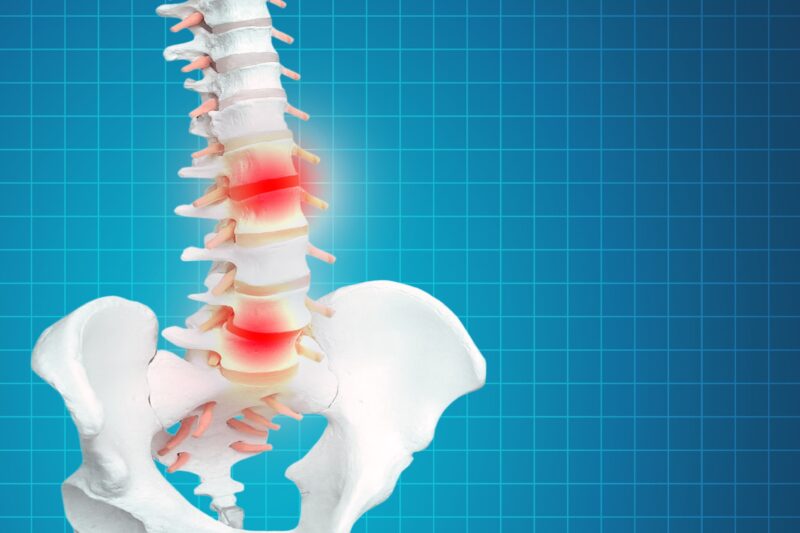Dengue is a vector-borne viral disease caused by mosquitoes in tropical and subtropical regions. Blood tests can find antibodies to a dengue infection or the dengue virus.
Symptoms of Dengue Infection
The following symptoms may appear four to six days after infection and continue for up to ten days:
- Sudden, high fever/temperature
- Severe headaches
- Fatigue
- Pain behind the eyes
- Severe muscle and joint pain
- Vomiting
- Nausea
- Skin rashes (seen two to five days following the commencement of a fever)
- Slight bleeding (such as bleeding gum or nose and easy bruising)
Dengue IgG Test: Complete Information and Process Flow
The Dengue IgG test, also called the Immunoglobulin G test, is conducted to find Dengue virus IgG antibodies. This test often serves as a screening tool and shows an early assessment of any prior or ongoing dengue virus infection.
High IgG dengue virus antibody levels are a hallmark of secondary dengue infections. The levels increase for around seven days, reaching their peak in the second week of the infection. It roughly lasts for 90 days in the blood. Though, it might stay with some patients for the rest of their lives. If IgG is positive but IgM is negative, the patient has previously had a dengue infection.
If you recently visited or traveled from a region where dengue fever is frequent and exhibit symptoms of dengue fever, you must take the dengue IgG test. If the medical practitioner suspects a subsequent dengue illness, you will require a blood test. No extra preparation is necessary to take the test. The blood sample can be collected anytime during the day.
Understanding the Dengue IgG Test Results
- IgG Negative: No detectable level of the IgG antibodies for the dengue fever virus
- Unclear: Uncertain antibody presence. The patient is recommended to take the test after 5–10 days for a precise diagnosis.
- IgGPositive: IgG antibodies to the dengue fever virus could signify a recent or previous infection.
Further Tests to Diagnose Dengue
Your medical practitioner will likely question your past travel experiences and recommend the necessary blood tests for you. The tests that are typically advised include:
- Complete blood test
- Non-structural protein 1 (NS1) antigen test
- Real-time polymerase chain reaction (RT-PCR) test.
- Immunoglobulin G/ Immunoglobulin M test
- Nucleic acid amplification tests (NAATs)
Complications of the Dengue IgG Test
It is quite uncommon to see any serious consequences from this test. There is much less chance of adverse effects during blood collection, such as
- Bruises appearing at the place of needle insertion (The bruising that appeared during the test will progressively disappear.)
- Heavy bleeding
- Hemorrhage
In a Nutshell
As stated by the Centres for Disease Control and Prevention (CDC), dengue infections have been confirmed in more than 100 nations, including Africa, America, the Caribbean, Eastern Mediterranean, Southeast Asia, and Western Pacific. With an increase in the number of occurrences and nations affected globally, the World Health Organisation (WHO) describes it as a fast-spreading viral infectious disease.
Since roughly 75% of cases are asymptomatic, the precise number is unknown, but a recent estimate estimated the yearly number of dengue diseases as high as 390 million. Worldwide, there are between 50–100 million symptomatic cases every year.
Author Bio
My name is Emma Perez, and I have a keen interest in the field of writing. I have written a couple of articles on various gemstones, fashion and would love to express my opinion on more such stones. Hope it has maximized your knowledge of gemstone jewelry and satisfied your quest to buy opal from an authentic place. We believe in quality and offer the same in our information and products.





